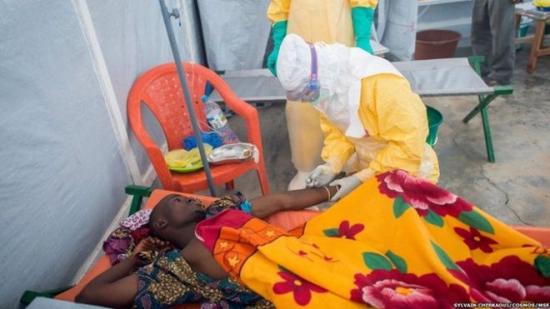BBC by Smitha Mundasad March 23, 2015
The Ebola outbreak in West Africa will be over by August, the head of the UN Ebola mission has told the BBC.

Ismail Ould Cheikh Ahmed admitted the UN had made mistakes in handling the crisis early on, sometimes acting "arrogantly".
A year after the outbreak was officially declared, the virus has killed more than 10,000 people...
The head of the UN Ebola response mission told the BBC, when the virus first struck, "there was probably a lack of knowledge and there was a certain degree of arrogance, but I think we are learning lessons.
"We have been running away from giving any specific date, but I am pretty sure myself that it will be gone by the summer."
Read complete story.
http://www.bbc.com/news/health-32009508
Recent Comments